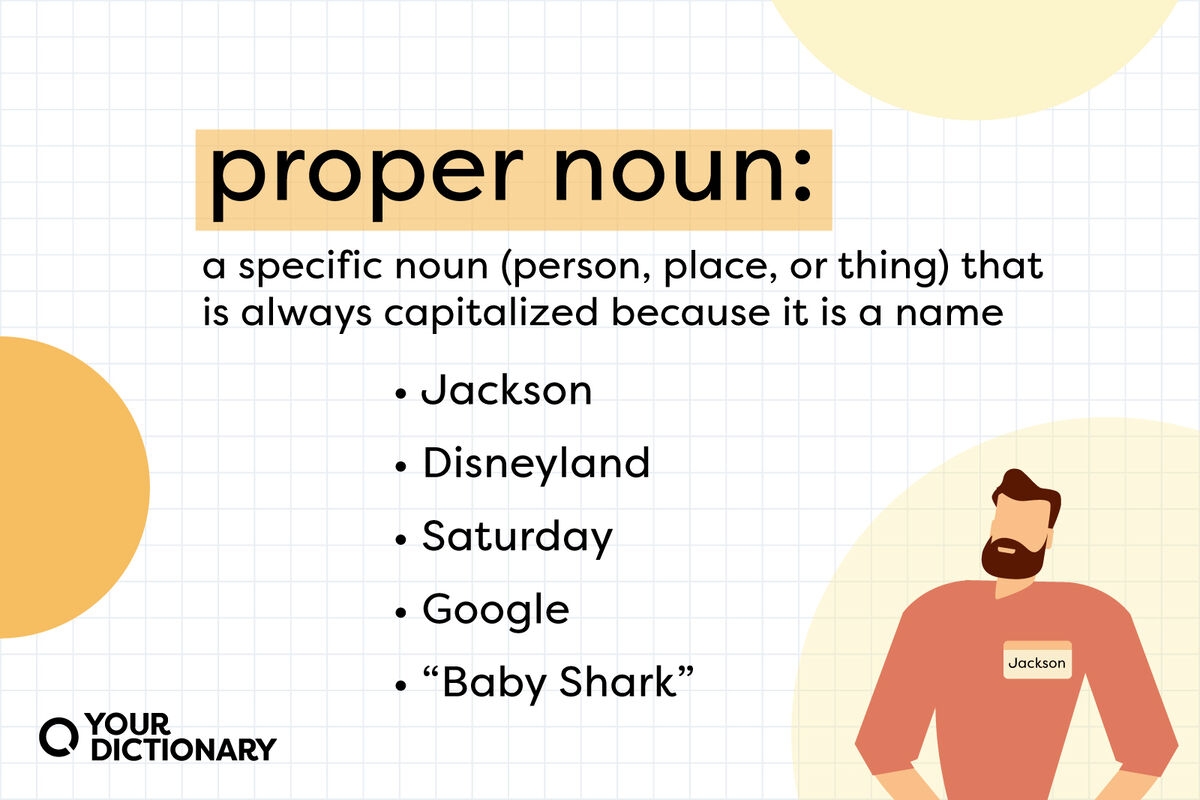Proper nouns play a crucial role in language and communication. They are names used to identify specific people, places, objects, or ideas. Proper nouns are always capitalized, unlike common nouns, which refer to general items.
When used correctly, proper nouns help provide clarity and context in writing and speech. They add specificity and detail, allowing individuals to distinguish between similar entities. Understanding the rules of proper noun usage is essential for effective communication.
Proper Nouns
Proper nouns can be categorized into different types, including personal names (e.g., John, Mary), geographical locations (e.g., Paris, Mount Everest), organizations (e.g., Apple Inc., United Nations), and titles (e.g., President, Doctor). Each type serves a unique purpose in identifying and referencing specific entities.
One of the key rules governing proper nouns is their capitalization. Proper nouns always start with a capital letter, regardless of their position in a sentence. This distinguishes them from common nouns and helps draw attention to their importance.
Another important aspect of proper nouns is their use in forming possessive forms. When indicating ownership or association, proper nouns are followed by an apostrophe and an “s” (e.g., Mary’s car, Apple’s products). This convention helps clarify relationships between entities.
Proper nouns also play a significant role in building vocabulary and expanding knowledge. By learning and using proper nouns, individuals can enhance their understanding of people, places, and organizations around the world. Proper nouns serve as building blocks for effective communication.
In conclusion, proper nouns are essential elements of language that help identify and differentiate specific entities. By following the rules of capitalization and possessive form, individuals can effectively use proper nouns to enhance communication and understanding. Embracing the importance of proper nouns enriches language and fosters clearer communication in various contexts.
